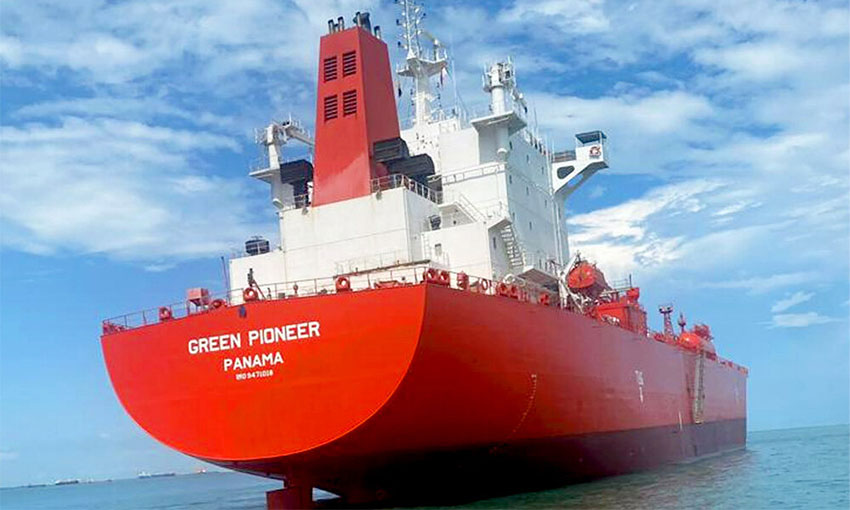AUSTRALIAN integrated energy company Origin Energy and Japanese shipping company Mitsui O.S.K. Lines have signed a memorandum of understanding to investigate opportunities to develop the supply chain to support export-scale green ammonia in Australia.
The two companies will explore how Australian green ammonia projects could supply markets from 2026. A joint feasibility study aiming to be completed by December 2021.
Origin is working on several export-scale green hydrogen opportunities across Australia to meet overseas and domestic demand for lower carbon fuels.
These projects include the development in Bell Bay, Tasmania, where Origin’s separate $3.2-million feasibility study into green ammonia production is well progressed.
Origin general manager of future fuels Tracey Boyes said transport is one of the biggest opportunities to achieve emissions abatement through the use of green and renewable fuels such as hydrogen and ammonia.
“With our abundance of renewable resources and proximity to Asian markets, Australia is in the box seat to develop a world-leading hydrogen sector, exporting low emissions energy all over the world to meet demand for clean energy from our major trading partners,” she said.
“Many nations have committed to ambitious carbon targets, and partners such as Mitsui O.S.K Lines will be crucial to underpinning the development of a strong hydrogen sector here in Australia.”
Ms Boyes said Origin is in a strong position to leverage its expertise in LNG export and delivering complex major projects.
“We are delighted to start building a strong working relationship with Mitsui O.S.K. Lines to establish what opportunities there may be, both for future projects, or for projects that we are already investigating,” she said.
A statement from MOL said ammonia is a clean energy source that produces no carbon dioxide during combustion, and it cab serve as a carrier for transporting hydrogen.
MOL said green ammonia – produced using a renewable energy source that emits no carbon dioxide –can make a major contribution to reducing carbon emissions in the supply chain.





